Decoding Horse Sense: A Journey Into Equine Intelligence
For centuries, we’ve used the phrase “horse sense” to describe practical wisdom and good judgment. But what if we’ve been underestimating the true meaning of this expression all along? The remarkable intelligence of horses extends far beyond their ability to navigate physical terrain or respond to basic commands – it encompasses a rich tapestry of cognitive abilities that continue to surprise researchers and horse enthusiasts alike.
Our relationship with horses spans more than 6,000 years, evolving from purely practical partnerships to deep emotional bonds. Throughout this time, many have dismissed equine intelligence as simple instinct or conditional response. “They’re just following training,” some would say, or “They only care about food rewards.” These misconceptions have led us to overlook the sophisticated mental capabilities that make horses such extraordinary companions.
Today, modern science reveals what many experienced horses have long suspected: horses possess remarkable cognitive abilities that include complex social understanding, emotional intelligence, and problem-solving skills. They can recognize human facial expressions, remember past experiences for years, and even communicate their preferences and needs in surprisingly sophisticated ways.
Understanding equine intelligence isn’t just an academic exercise – it’s crucial for anyone who works with or cares for horses. When we recognize horses as the intelligent, thoughtful beings they are, we can develop better training methods, create more enriching environments, and build stronger, more meaningful relationships with these magnificent animals.
In this exploration of equine cognition, we’ll journey through the latest scientific discoveries and practical observations that are reshaping our understanding of horse intelligence. Whether you’re a seasoned equestrian or simply curious about these fascinating creatures, prepare to see horses in a whole new light.

The Foundations of Equine Intelligence
Think of a horse’s sensory system as their personal supercomputer. Their large, side-set eyes give them nearly 360-degree vision, allowing them to process vast amounts of visual information simultaneously. While they might not see the world in the same vivid colors we do, they excel at detecting subtle movements and changes in their environment – a skill that requires sophisticated mental processing.
But vision is just the beginning. Horses process sound through highly mobile ears that can rotate independently, creating a detailed audio map of their surroundings. Their sense of touch is so refined that they can feel a fly landing anywhere on their body, and their sensitive whiskers help them gauge distances and textures with remarkable precision.
When it comes to memory, horses are true champions. They can remember individuals – both horse and human – for years, even after long separations. This isn’t just simple recognition; they remember past experiences, both positive and negative, and adjust their behavior accordingly. A horse that once had a scary experience with a plastic bag might remain cautious around similar objects years later, demonstrating their ability to form lasting memories and apply past learning to new situations.
Their social intelligence is equally impressive. In natural settings, horses live in complex social groups that require sophisticated cognitive abilities to navigate relationships, hierarchies, and group dynamics. They can read subtle body language signals from their herd mates and respond appropriately – a skill that transfers remarkably well to their interactions with humans.
Perhaps most fascinating is their capacity for emotional processing. Horses can distinguish between positive and negative emotional expressions in both horses and humans, and they adapt their behavior based on others’ emotional states. This emotional intelligence isn’t just about survival; it’s a sophisticated form of social cognition that helps them build and maintain relationships.
Understanding these foundational aspects of equine intelligence helps us appreciate just how much is going on inside those beautiful heads. It’s not just instinct – it’s a complex interplay of sensory processing, memory, social understanding, and emotional awareness that makes each horse a unique thinking individual.

Learning and Problem-Solving
Horses learn in ways that might remind you of how we learn ourselves. They observe, experiment, and remember what works. Take a horse faced with a gate latch – many will watch their handlers, try different approaches, and eventually figure out how to manipulate simple mechanisms. Some have even been known to master more complex puzzles, like sliding bolts or pressing buttons to access food or freedom.
What’s really fascinating is how horses use tools, even though they don’t have hands like we do. They’ll use sticks to scratch hard-to-reach places, push objects with their noses to create stepping stones, or even learn to use water dispensers. One clever horse I read about would drop his hay into his water bucket to soften it when his teeth were sore – that’s creative thinking in action!
Pattern recognition is another strong suit for horses. They excel at recognizing:
- Daily routines and schedule changes
- Different handlers and their habits
- The meaning behind specific human movements
- Weather patterns and their implications
Here’s something that often surprises people: horses can understand basic counting and spatial relationships. Research has shown they can select larger quantities of food over smaller ones and remember the location of hidden items – skills that require genuine cognitive processing, not just trained responses.
But perhaps their most impressive learning trait is their ability to generalize. When a horse learns something in one situation, they can often apply that knowledge to similar but different scenarios. For instance, a horse that learns to push open a gate at home might apply that same problem-solving approach to different types of gates they encounter elsewhere.

Social Cognition
Horses are natural social butterflies, and their ability to understand and interact with others – both equine and human – is truly remarkable. Let’s look at how their social smarts work in everyday situations.
Ever noticed how horses seem to know when you’re having a bad day? That’s because they’re experts at reading human faces and body language. Research shows they can tell the difference between happy and angry human expressions, and they’ll even remember if someone usually has a positive or negative attitude toward them. Pretty impressive for an animal that doesn’t communicate through facial expressions the way we do!
When it comes to horse-to-horse communication, they’re speaking a rich language we’re just beginning to understand. They use their ears, eyes, tails, and body posture to have complex conversations with each other. A simple flick of the ear or shift in body weight can convey messages like “I’m friendly,” “Back off,” or “Watch out for danger!” They’re constantly having these silent conversations, managing relationships and keeping their social world in harmony.
What’s really special is how horses build bonds across species. They form genuine partnerships with humans, dogs, and even cats in some cases. These aren’t just tolerant relationships – horses actively seek out and maintain these connections. They’ll remember a kind handler from years ago or recognize a friendly barn cat as part of their social circle.
Their understanding of human gestures goes beyond basic training. Horses can follow a person’s pointing finger to find hidden food, understand when someone needs help, and even pick up on subtle changes in their handler’s breathing or muscle tension. They’re so tuned in to these cues that they often respond before we’ve consciously made a request.
Think of it like this: horses are social geniuses who’ve learned to bridge the communication gap between their world and ours. They’ve figured out how to be bilingual in both horse and human languages, which is pretty incredible when you think about it!
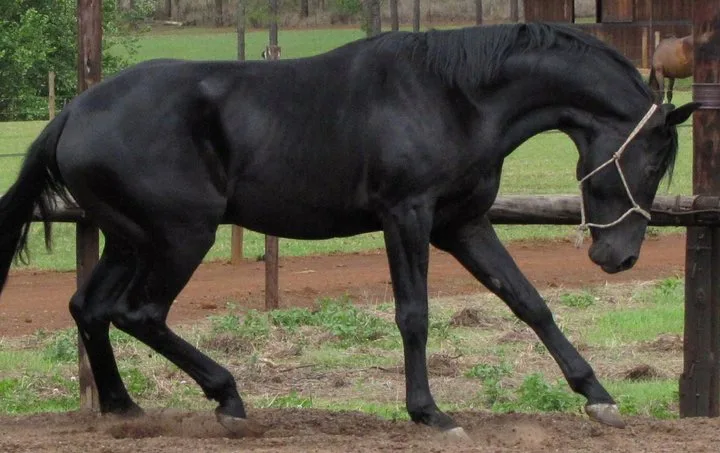
Emotional Intelligence
Let’s explore what makes horses such emotionally savvy beings. Their ability to tune into feelings – both their own and others’ – shapes how they interact with the world around them.
Think of horses as emotional sponges. Research shows they can pick up on the emotional states of other horses and humans, adjusting their behavior accordingly. When their handler is anxious, horses often become more alert and cautious. When someone is calm and confident, horses tend to mirror that steadiness. This isn’t just mimicry – it’s genuine emotional understanding.
Horses demonstrate remarkable empathy too. They’ll often comfort distressed herd mates by gentle nuzzling or simply standing close by. Many therapy programs rely on this natural empathy – horses seem to know intuitively when someone needs emotional support. They’ll often adjust their behavior to be gentler around children or nervous handlers without being asked.
What is fascinating is how horses process and remember emotional experiences. A positive interaction with a kind handler creates a lasting impression that builds trust over time. Similarly, they’ll remember stressful situations and use that emotional memory to make decisions about similar situations in the future. This emotional memory helps them navigate their world more safely and build stronger relationships.
Stress recognition in horses is particularly sophisticated. They can:
- Detect tension in other horses from subtle body language
- Pick up on changes in human heart rates and breathing patterns
- Respond to shifts in group dynamics
- React to environmental stressors before they become obvious to humans
This emotional awareness makes horses incredible partners in everything from casual trail riding to competitive sports. They’re constantly reading and responding to emotional cues, creating a dynamic emotional dialogue with their handlers.
This emotional depth extends to complex feelings like jealousy – many horses display clear signs of jealousy when their favorite humans give attention to other horses.

Practical Applications
Let’s look at how understanding horse intelligence changes the way we work with these amazing animals. This knowledge isn’t just interesting – it’s a game-changer for training, relationship building, and horse care.
When it comes to training, knowing how horses think helps us be better teachers. Instead of forcing compliance, we can work with their natural intelligence. For example, if a horse seems resistant to loading into a trailer, we might give them time to problem-solve rather than immediately resorting to pressure. Often, they’ll figure out solutions that surprise us!
Building better relationships starts with respect for their smarts. Simple things make a big difference:
- Taking time to explain new situations through gradual exposure
- Giving them choices when possible
- Acknowledging when they communicate their needs
- Rewarding their attempts to figure things out
Supporting their mental health is just as important as physical care. Horses need mental stimulation to stay happy and healthy. Try:
- Setting up simple puzzles for treat rewards
- Creating obstacle courses that encourage problem-solving
- Allowing social time with trusted horse friends
- Varying their routine to keep things interesting
Here’s where it gets really practical: understanding horse cognition helps prevent and solve common problems. A horse who’s acting up might be telling you something important about their environment or relationships. When we listen to their intelligence rather than dismiss it, we often find solutions we wouldn’t have considered.

Future Research and Understanding
The world of equine cognition research is buzzing with exciting developments. Scientists are uncovering new insights that challenge what we thought we knew about horse intelligence, and the findings are reshaping how we interact with these remarkable animals.
Current studies are exploring fascinating questions. Can horses understand basic arithmetic? Early research suggests they might be able to tell the difference between “more” and “less” in ways we never expected. Scientists are also investigating how horses process language, finding that they may understand more human words than we previously thought.
New research methods are making these discoveries possible. Instead of just observing behavior, researchers now use:
- Eye-tracking technology to understand what horses focus on
- Heart rate monitors to measure emotional responses
- Brain imaging to see how horses process information
- Motion sensors to analyze subtle body language
The implications for therapy and education are tremendous. Horse-assisted therapy programs are expanding beyond physical rehabilitation to include everything from autism support to PTSD treatment. Why? Because we’re learning that horses’ ability to read and respond to human emotions makes them uniquely suited to help people heal and grow.
But there’s still so much to learn. We’re just beginning to understand how horses think about abstract concepts, how they process time, and how they make decisions. Each answer seems to lead to more intriguing questions.

Conclusion
Our journey into horse intelligence reveals something profound: these animals are far more sophisticated thinkers than we once believed. From their remarkable social skills to their problem-solving abilities, horses continue to surprise us with their mental capabilities.
The phrase “horse sense” takes on new meaning when we consider how horses process their world. They’re not just reacting on instinct – they’re thinking, feeling beings who form complex relationships, solve problems creatively, and demonstrate emotional awareness that rivals that of many other intelligent species.
This understanding changes everything about how we should work with horses. When we recognize their intelligence, we naturally become better partners. We stop trying to dominate and start trying to collaborate. We begin to see “problem behaviors” as attempts at communication and “stubbornness” as potential confusion or concern.
For anyone who spends time with horses, this knowledge is a gift. It helps us:
- Train more effectively by working with their natural intelligence
- Build stronger bonds based on mutual understanding
- Create environments that support their mental wellbeing
- Solve problems by considering their perspective
The next time you’re with a horse, take a moment to appreciate the sophisticated mind behind those expressive eyes. There’s a good chance they’re already reading you, understanding more than you might expect. After all, true “horse sense” isn’t just about the horse’s intelligence – it’s about our ability to recognize and respect it.
As we continue to learn more about equine cognition, one thing becomes clear: horses aren’t just smart in their own unique way – they’re intelligent in ways that matter deeply to their relationships with humans. By understanding and appreciating their cognitive abilities, we can build better, more rewarding partnerships with these extraordinary animals.

Call to Action
Our journey into the fascinating world of horse cognition has only scratched the surface of the profound mysteries waiting to be uncovered. As fellow equestrians, enthusiasts, and advocates for equine welfare, I invite you to join me in continuing this exploration and deepening our understanding of these remarkable animals.
Here are a few ways you can get involved:
- Share Your Experiences: Whether you’re a seasoned horse owner, a passionate rider, or simply someone who admires these magnificent creatures, I encourage you to share your experiences and insights into horse cognition. Your stories and observations can contribute valuable perspectives to our collective understanding.
- Learn More: Dive deeper into the world of equine cognition by exploring the latest research, books, and articles on the subject. Stay curious and open-minded, and be willing to challenge your assumptions and expand your knowledge base.
- Advocate for Equine Welfare: Take action to support policies and initiatives that promote the ethical treatment, responsible ownership, and conservation of horses. Get involved with local advocacy groups, volunteer at equine rescue organizations, and lend your voice to campaigns that champion equine welfare.
- Foster Strong Relationships: Cultivate strong and respectful relationships with the horses in your care. Prioritize their well-being, communicate with empathy and understanding, and strive to create enriching environments that support their cognitive, emotional, and physical health.
- Stay Connected: Stay connected with fellow horse enthusiasts and experts through online forums, social media groups, and local equestrian communities. Share knowledge, exchange ideas, and support one another on our shared journey of discovery and appreciation for horses.
Together, we can continue to unlock the mysteries of horse cognition, deepen our connection with these extraordinary animals, and advocate for their welfare and well-being.
Join me in celebrating the incredible minds of horses and the profound bond we share with them!
Cognition and learning in horses (Equus caballus)
National Institutes of Health (.gov)https://pubmed.ncbi.nlm.nih.gov › …
This review explores current research within three related areas of horse cognition: human-horse interactions, social learning and independent learning
The Cognitive Horse | For a horse-human relationship based …
The Cognitive Horsehttps://thecognitivehorse.com
Cognitive learning is a natural (inner) ability of horses, which is acknowledged, preserved and developed with great attention in the zooanthropologic …
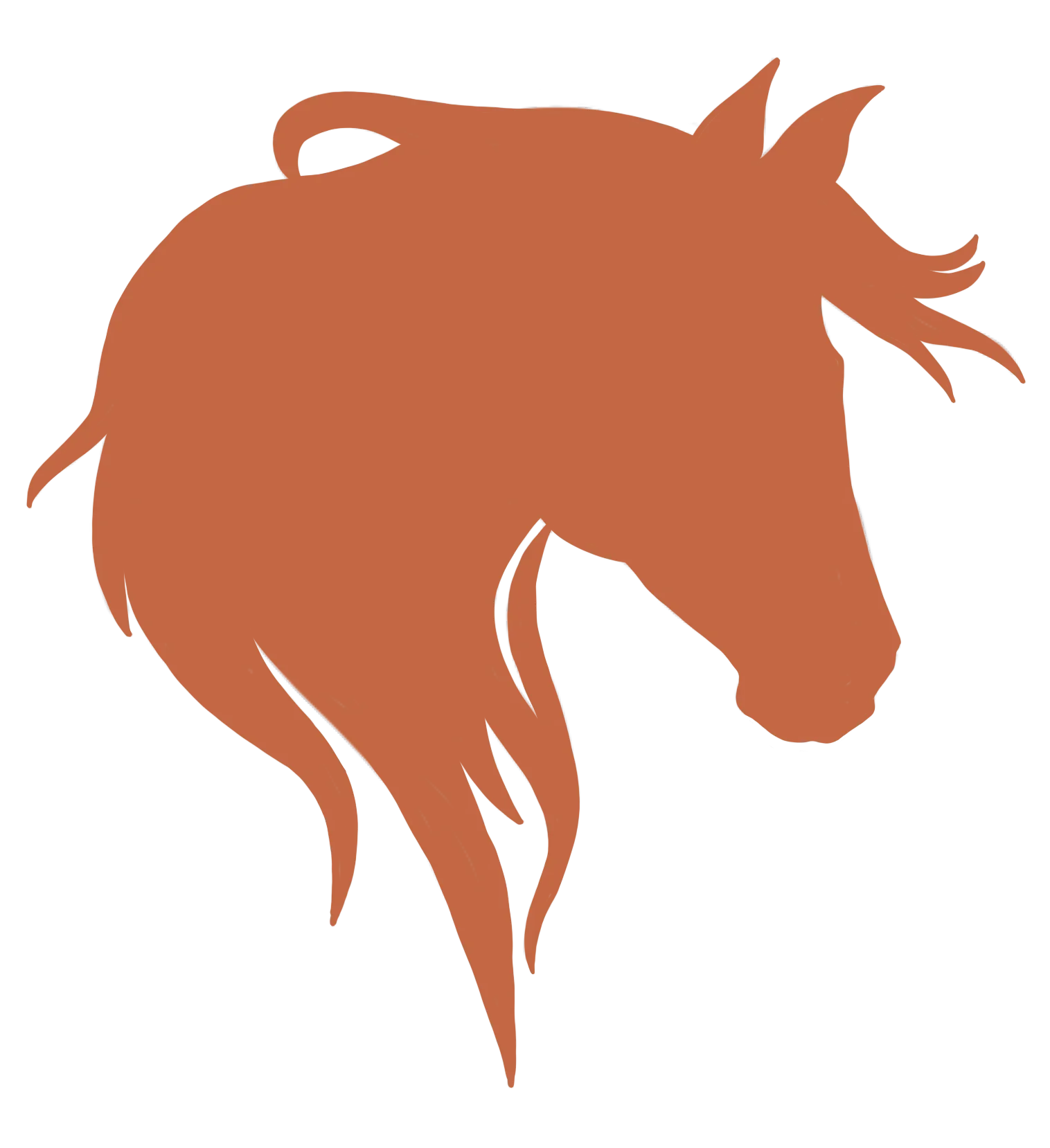
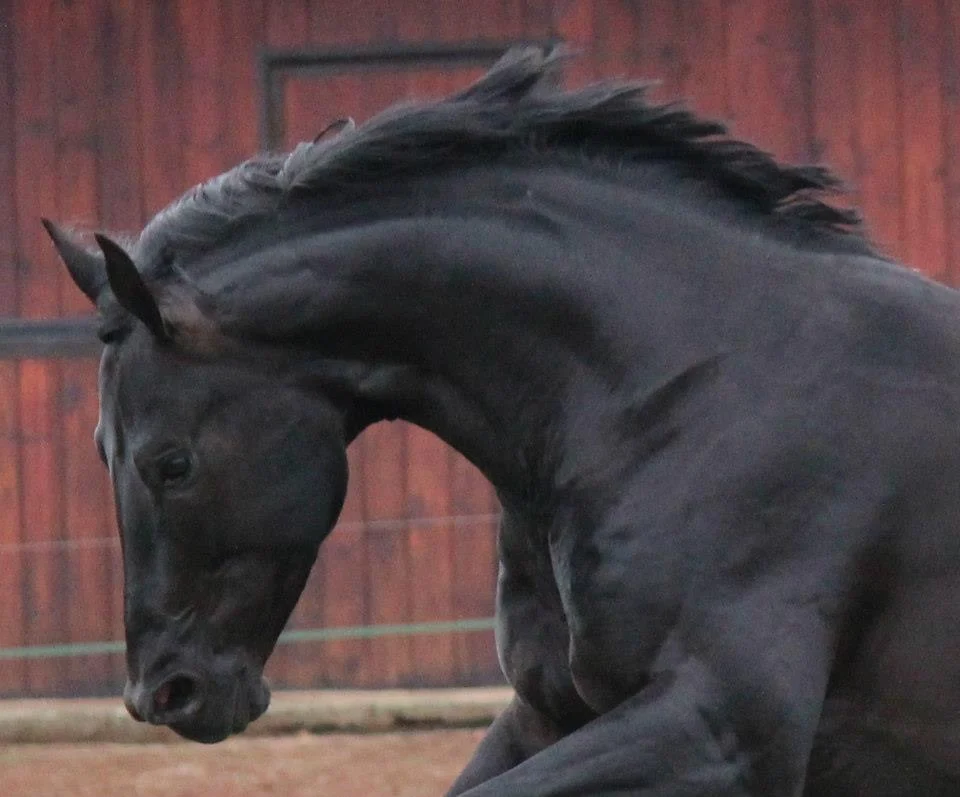
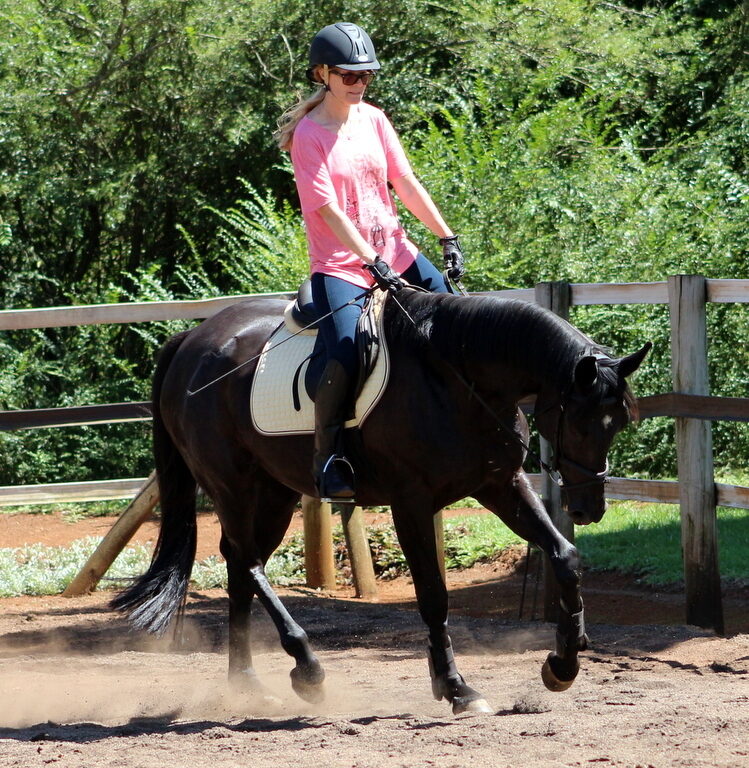
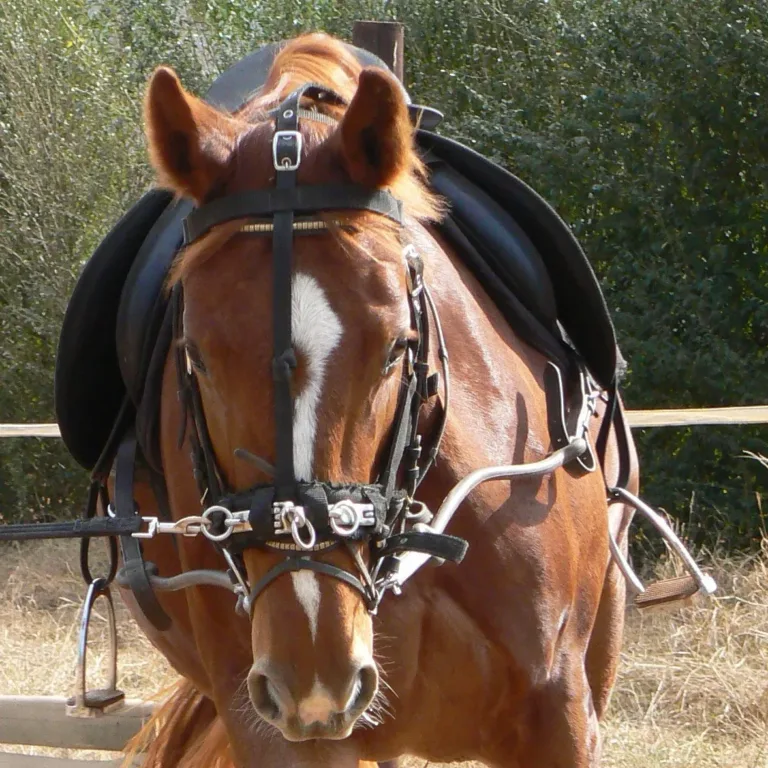
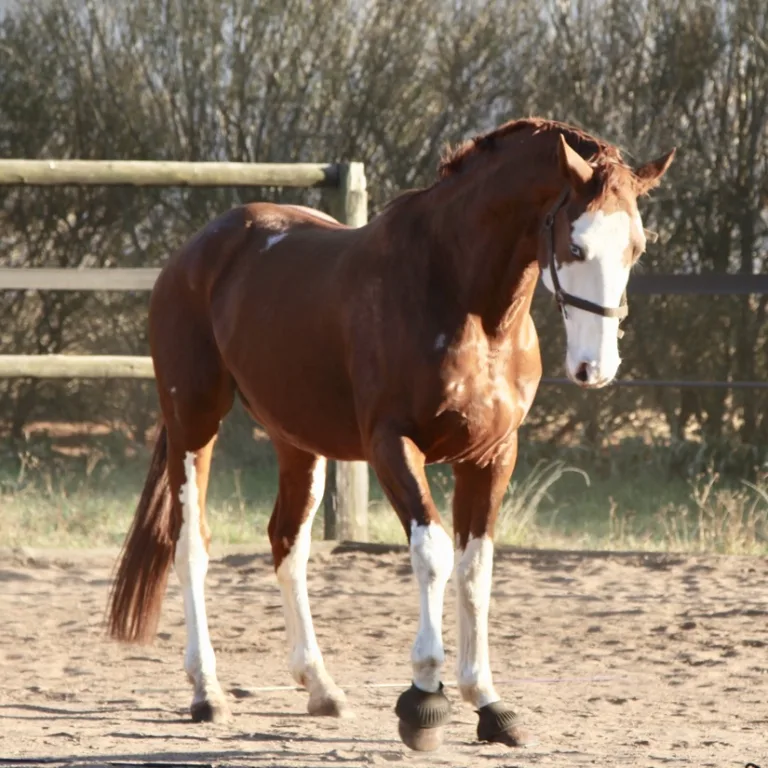
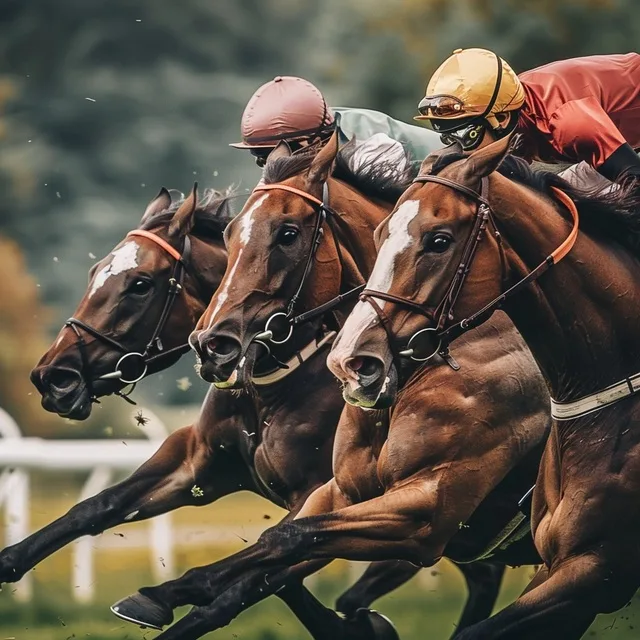

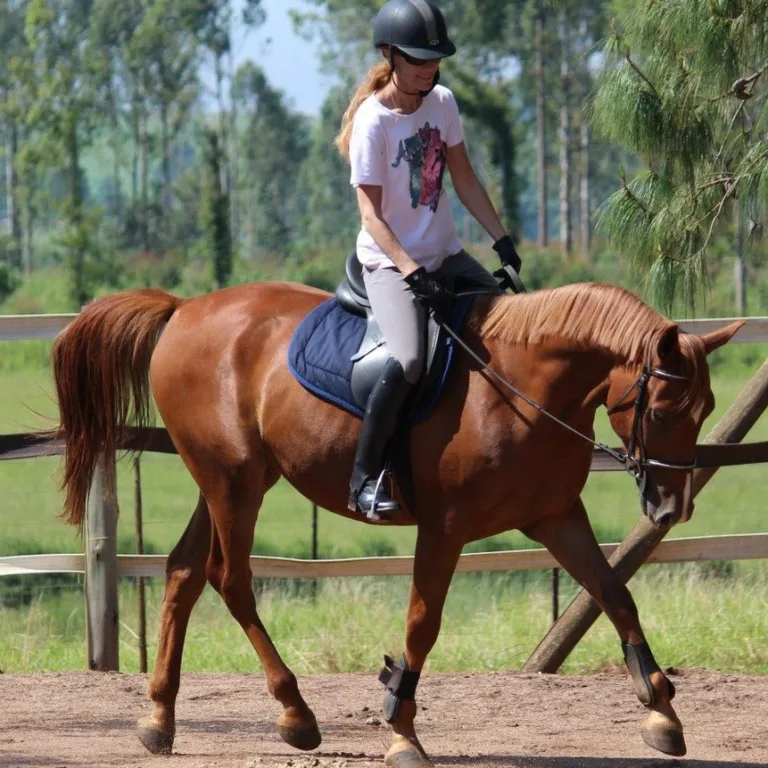
Leave a Reply